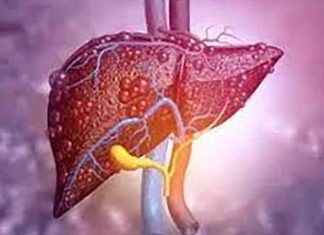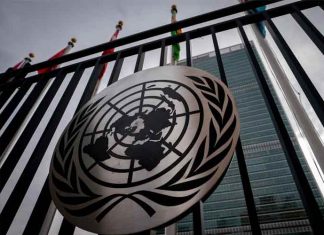New Delhi, October 19, 2024 (Yes Punjab News)
Cancer patients are nearly five times more likely to experience bankruptcy compared to those without cancer, as the financial burden of the disease continues to affect patients and their families long after diagnosis. According to a new study conducted by researchers at Beth Israel Deaconess Medical Center and Harvard Medical School, cancer survivors face substantial financial challenges, including lower credit scores and increased debt, for many years post-diagnosis.
Impact on Credit Scores and Financial Well-being
The research found that patients with certain types of cancers—such as bladder, liver, lung, and colorectal cancers—experienced a more significant impact on their financial health than those with other forms of cancer. These patients often had their credit scores drop by nearly 80 points and faced higher rates of total debt collections, medical collections, and bankruptcies.
Dr. Benjamin C. James, chief of general surgery at Beth Israel Deaconess Medical Center and associate professor of surgery at Harvard Medical School, emphasized the importance of these findings. “These are the first studies to provide numerical evidence of financial toxicity among cancer survivors. Previous data on this topic largely relies on subjective survey reviews,” he explained.
Study Design and Findings
The first study involved 99,175 cancer patients diagnosed between 2010 and 2019, compared to 188,875 non-cancer patients who served as a control group. Researchers matched patient data with Experian credit bureau data to objectively evaluate financial markers such as credit scores, debt, and bankruptcy filings. The findings revealed that cancer patients were nearly five times more likely to declare bankruptcy than their counterparts without cancer.
A second study focused on 7,227 patients with colorectal cancer and found that lower credit scores persisted for up to 9.5 years after diagnosis. The study also noted that the financial impact was more severe for patients with bladder, liver, lung, and colorectal cancers.
Factors Contributing to Financial Toxicity
The research identified several factors that increased the likelihood of financial hardship among cancer patients. These include:
– Being under the age of 62
– Identifying as Black or Hispanic
– Not being married
– Living in an area with a higher deprivation index
– Not owning a home
– Earning less than $52,000 annually
These socioeconomic factors were associated with more severe financial toxicity, highlighting disparities in the financial impact of cancer based on demographics and income levels.
Aggressive Cancers and Financial Toxicity
Interestingly, the study noted that some aggressive cancers with poor prognoses, such as lung cancer, did not always result in the worst financial outcomes. “Some cancers with worse prognoses may result in less financial toxicity compared to cancers with a good prognosis,” explained Dr. James. The study did not directly correlate the severity of cancer with financial hardship, suggesting that other variables—such as the duration of treatment or survival rates—might play a role in financial outcomes.
Previous Findings and the Need for Further Research
The studies build on earlier findings from the 2015 North American Thyroid Cancer Survivorship Study, which found that 50 percent of thyroid cancer survivors experienced financial toxicity due to their diagnosis. The current research adds objective, numerical data to the understanding of how cancer affects long-term financial health.
“Further research is needed, but I think financial security should be a priority in cancer care,” the authors concluded, stressing the importance of addressing the economic burden faced by cancer patients as part of their overall treatment plan.
Financial Burden of Cancer Care
These studies shed light on the profound financial challenges faced by cancer survivors. The impact of cancer extends beyond medical treatment and often leads to long-term financial difficulties, such as reduced credit scores and increased bankruptcy rates. As cancer care continues to improve, experts argue that ensuring financial security and addressing financial toxicity must become a critical focus in supporting patients through their cancer journey.
Key Takeaways
– Cancer patients are nearly five times more likely to experience bankruptcy than non-cancer patients.
– Patients with bladder, liver, lung, and colorectal cancers face greater financial challenges, including lower credit scores.
– Financial toxicity persists for up to 9.5 years after a cancer diagnosis.
– Factors such as age, ethnicity, marital status, and income influence the severity of financial hardships.
– Further research and a focus on financial security in cancer care are needed to address these long-term effects.


































































































